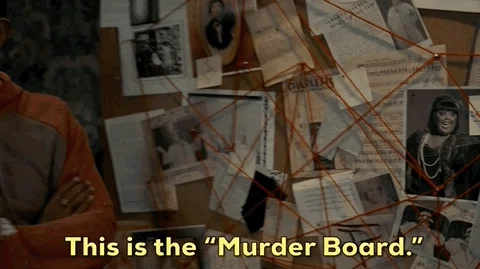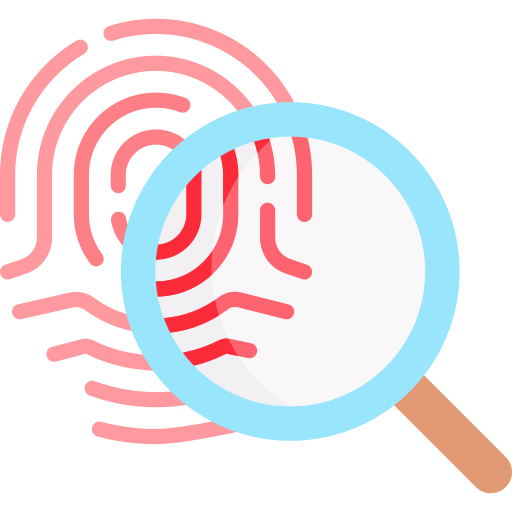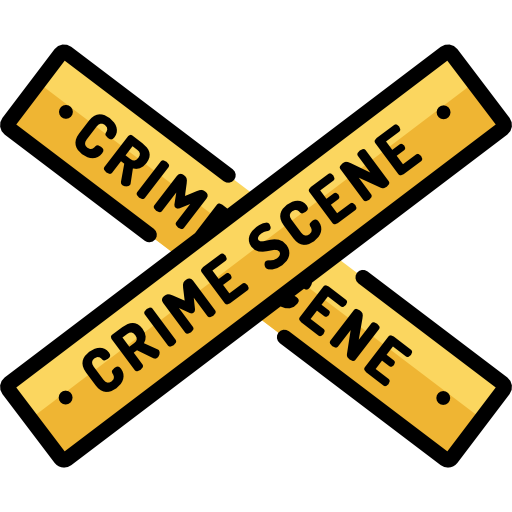 This Byte describes crime scenarios that may be disturbing to some readers.
This Byte describes crime scenarios that may be disturbing to some readers.
Are you a true crime fanatic? Do you enjoy solving puzzling mysteries? Are you a scientist who wishes to bring the scientific research process to a team of crime investigators and lawyers?
Well, look no further! Here is an in-depth outline of the different career paths for a forensic investigator to help you decide which one may just be the right fit for you.
Can being a forensic investigator be a very gruesome job? Yes! Beware that the crime scenes you'll travel to for evidence collection can often be disturbing.

How Do I Become a Forensic Investigator?
To excel in any forensic investigator role, you'll need to meet specific educational requirements.

During a crime scene investigation, you'll need to conduct analyses through evidence collection and lab work for bloodstains, toxicologies, DNA analysis, and much more.
This requires a solid understanding of biology, chemistry, toxicology, conducting lab experiments and creating detailed reports, as well as psychology through a four-year science degree.
These are the common degrees chosen:
Forensic science
Biochemistry
Forensic biology
Psychology
Additional criminology or criminal justice courses will further develop your understanding of all things forensics!

What Does A Forensic Investigator Do?
The traditional forensic investigator works directly at the crime scene, finding evidence to take back to the lab, where they'll use several tools to create reports and make important conclusions to help the crime investigation.
They manage many different tasks in the crime investigation!

Forensic investigators will search for evidence, including:
Footprints and fingerprints
Hair and fibres
Blood splatters and other bodily fluids
Human tissue
Fire debris and/or tire tracks

The processing of evidence may also include:
Reconstructing and creating diagrams of crime scenes
Taking photographs of the evidence found
Creating detailed notes of and preserving evidence to be presented in court
What Other Career Paths Exist?
Forensic investigators are important to many different roles required in crime scene investigations.
If working directly at the crime scene doesn't seem like the right fit, forensic investigators' skills are also useful elsewhere!

As a forensic investigator, you have the option to specialize in a specific career path within crime scene investigations, choosing to work only in the lab, at a law enforcement agency, or in an office.

Digital Forensic Examiner
Work deep within cyberspace, analyzing and finding digital evidence to help the investigation and provide answers to questions from the lab.

Document Examiner
Piece together the "papers" of the crime, analyze journals, compare handwriting, and assemble destroyed documents.

Forensic Psychologist
Dive into the psyche of a criminal, creating profiles of the criminal and the crimes committed, assessing their mental state, and preparing them to be tried in court.

Ballistics Analyst
Specialize in and analyze firearms, ammunition, and other weapons. Examine the wounds of victims to think about the behaviors (ie., fight, struggle) at the time of the crime.
Quiz
Which of the following roles delves into the subconscious of the criminal?
Take Action

Do you wish to learn more about career paths as a forensic investigator?
If you do:
Your feedback matters to us.
This Byte helped me better understand the topic.
